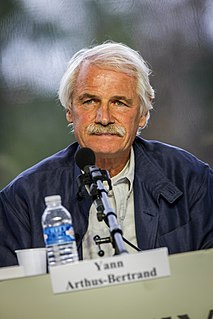A Quote by Leila Janah
The challenges that the homeless face aren't dissimilar to those in developing countries.
Quote Topics
Related Quotes
Exporters monitor economic and political policies to the developing world, but the consequences of that have been to make developing countries far more sensitive to the constant fluctuations. Developing countries are not always allowed to support their farmers in the same way as the U.S. or Europe is. They're not allowed to have tariff barriers. They're forced, more or less, to shrink their social programs. The very poorest people have fewer and fewer entitlements. The consequence of this has been that there's been a chronic increase in the vulnerability of those economies to price shocks.
The challenges that I face today are the same challenges we all face. Trying to balance your life between work, family, loved ones, your husband, your wife - boyfriend or girlfriend. If you have kids - balancing that, balancing your work with the time you spend with your kids. The idea of wanting to be a good parent and then the motivation to be a great parent. Whether you're black, white, any color. Rich, poor, regardless of religion, cousins of culture, we go through those. We have the same challenges.


































